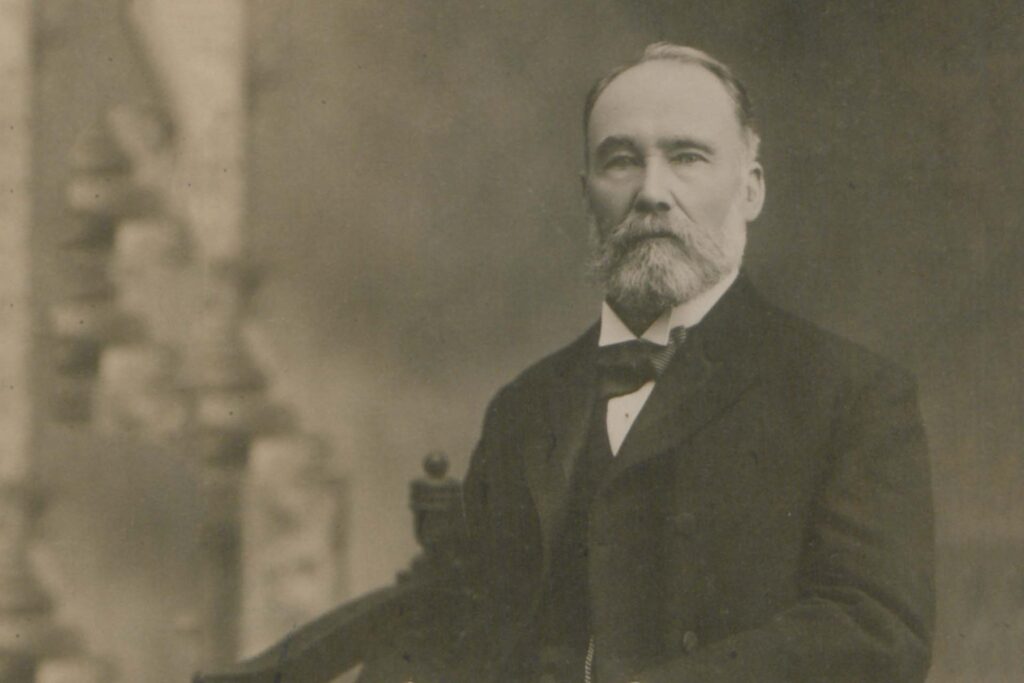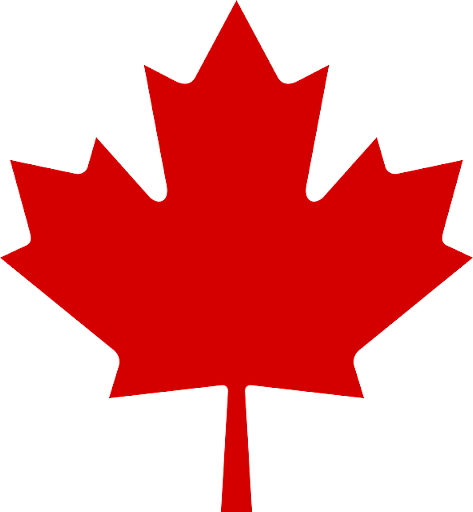Many people forget that Ontario’s 25th Premier, Kathleen Wynne, is also the Province’s Minister of Intergovernmental Affairs. When she addresses the Club this week on “Canada at the Crossroads: Why National Leadership Matters to Ontario’s Economic Plan”, she will be doing so not only as Premier but as the Minister of the Ontario Government responsible for ensuring that her Province’s relationships with other jurisdictions are operating at an optimal level.
This interplay between different levels of government has long been a topic of relevance at the Empire Club of Canada which was itself set up during a time, at the dawn of the twentieth century, when there was great turmoil between Canada and Great Britain, with much discussion in the country about abandoning this relationship and joining the United States. The origins of this Club were to ensure that young Canada would not join its southern neighbor but rather remain faithful to what was then known as the British Empire. It is the mandate of the Club today, as it was in 1903 when it was founded under the leadership of Brigadier-General James Mason, to bring before the Canadian public people in positions of power and influence who can present their perspectives and contribute to the national dialogue. Other than the bias of not wishing to join the United States and sever ties with the British Empire, there was no Empire Club agenda and views from all those in positions of power and influence were welcomed, without partisanship, and we have remained true to that mandate since that time.
In 1903, at the Club’s founding, Sir George William Ross was the fifth Premier of Ontario, and the Liberal party had been in power for almost 30 years. A vote-buying scandal and huge disagreements on the wisdom of prohibition were weakening the party, and Premier Ross found many challenges during his time in office. But one thing that he was always committed to being maintaining good governance and the proper relationship with other jurisdictions, which of course in his day would have meant between the King, Canada, and the Provinces. He actually addressed this very topic at our podium on May 23rd, 1910 after he had left provincial politics and become a Senator. In a speech entitled “The Place of the King in the British Constitution”, he speaks clearly about a major governance issue of the day, namely that even the King’s representatives in Canada and its provinces had to abide by the voice of the people, the electorate:
“In 1900 the Hon. Mr. McInnes, Lieutenant-Governor of British Columbia, dismissed his Ministers and called upon the Honourable Joseph Martin to form a new Government. Mr. Martin appealed to the country and was defeated. Mr. McInnes expected that the country would sustain the dismissal of his former advisers, but as he failed in obtaining the support of the electorate he was himself dismissed and a new Lieutenant-Governor appointed in his place. The constitutional practice seems to be that where the head of the Executive Government dismisses his advisers and fails to be supported by the electors his immediate retirement from office is necessary in order to maintain harmony afterward in the administration of the Government. In the case of the King, the only amends practicable is the restoration of the Ministers possessing the confidence of the country”.
We of course live in a very different governance regime in 2015 than was the case in the early days of the Club’s history, but what remains identical is the ongoing struggle to make different government jurisdictions work effectively together in a confederation that has often been called “difficult to manage” because of its enormous and challenging geography, matched by the diversity of opinion on how best to achieve that goal. From this perspective, Premier Wynne’s presentation this week falls squarely into the theme of how Canada’s various jurisdictions should work together for optimal efficiency. It is a theme that we have explored often and in multiple scenarios over our 112 seasons, and Premier Wynne will this week make a contribution to that national debate as have so many others of every political stripe before her. Fortunately, it is a debate that Canadians do not shy away from, whether discussing relationships with the monarchy and its representatives or between our three basic levels of government, and it is a debate that has always made our democracy stronger and more resilient as a result.


